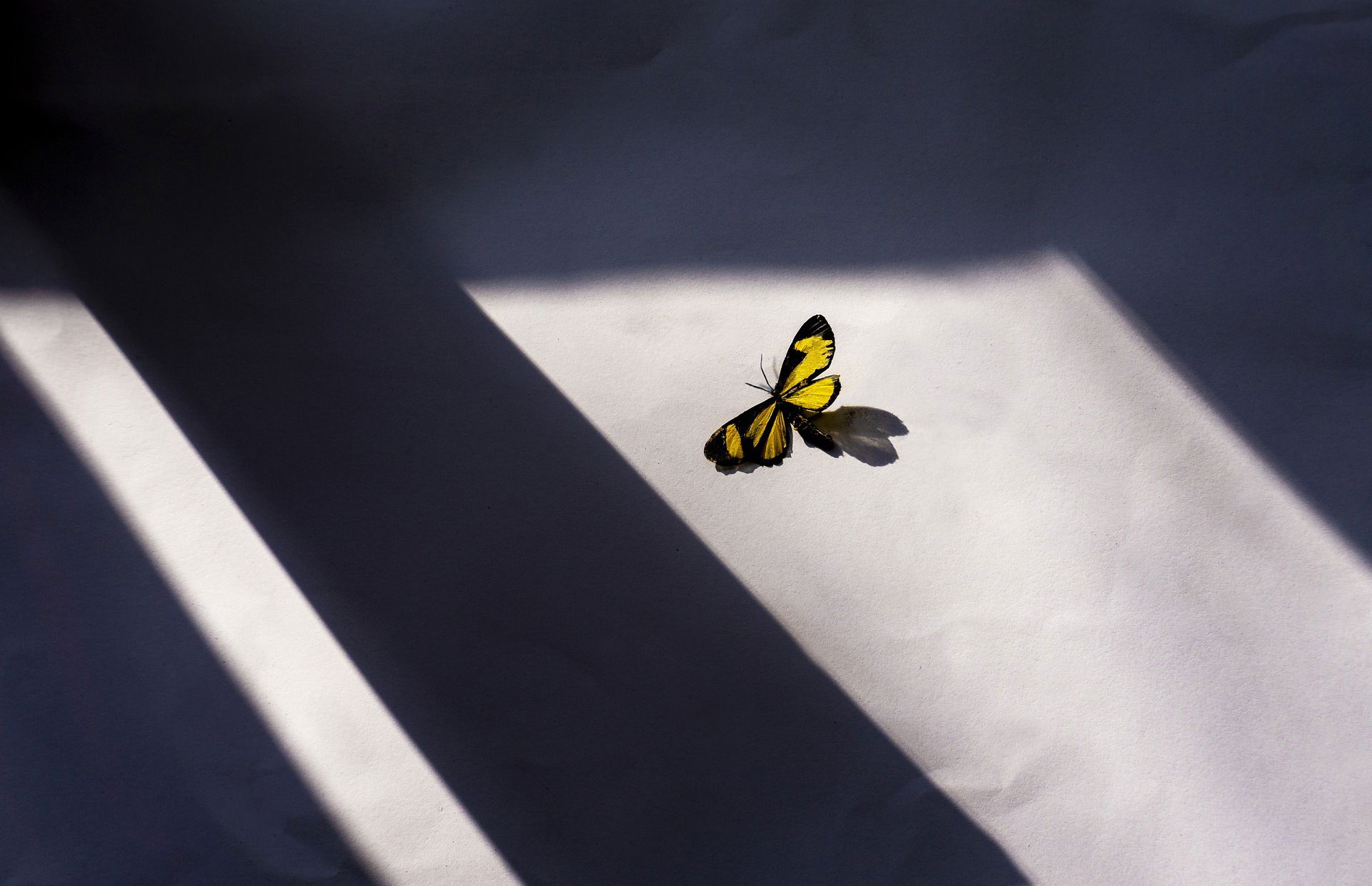Psyche and Shadow

If there is one thing you need when you consciously meet the unconscious, it is shade. I personally insist on being left in the dark often, and I will stand up to whoever does not leave me in there in peace. The psyche fundamentally has an unstoppable, at times almost violent, drive to reflect and shed light onto the material it penetrates, which can effectively become too much of a strain on human consciousness and damage its common senses. It seems a widely held belief (in Analytical Psychology anyway) that individuals should work on those unconscious aspects of their personality that they repress and project onto others, because these inherent traits make smooth adaptation to the environment painful or difficult. In my experience, however, I would be mindful to resist too much and end up working too hard on trying to combat even the most disruptive, persistent, and pathetic character flaws and insecurities. It is advisable to beware the limits dealing with a shadow in yourself that was constellated not by your own repression, but a priori, by way of nature’s own unconscious in its creation of yourself. There are consequently aspects of darkness in yourself that constellate, not because you repress them, but because the very wholeness of yourself will cast a shadow and leave you exposed in certain ways. The shape of the character of any creature, i.e. the psychological space that it occupies, automatically outlines the shape of the emptiness around it. Whatever you are in the eyes of nature delimits, quite neatly often, precisely what you are not. Uncovering your true nature might define and show you more clearly who the natural predators are out there, while you become more apt at knowing and using your natural defences at the same time. However, the environment will not cease to bear threats to your nature because of this understanding. Seeing clearly into the dark of one’s own character is by nature impossible - und thus arguably not particularly useful from the point of view of the unconscious. Much of the time, one grows tired of, outgrows, or more comfortably adapts to one’s shadow sides eventually anyway, and if one doesn’t, then it will have been wiser and safer to live with them than potentially getting dried up, burnt out, partly blinded or perpetually high and mighty from having seen the light and conquered them. The unconscious might at times intentionally bring up aspects of your personality that are a source of resistance and pain even though you have made peace with and you are at a point where it is as good as it gets with regards to living with them. In many a dream, I have encountered so-called shadow figures who made a point to put their fingers in my emotional wounds. I turn back at them in the unconscious itself – instinct responding to instinct (like curing like) - and let them know I am fine to have this weakness, that I have come to accept it even though its irradicable presence might remain a source of quiet chronic pain for as long as I am alive. The mood in the dream then darkens a little and the psyche shows me more images, to which I am normally rather sensitive, to see how I react. It is as if it deliberately instils some more darkness in me, like a homeopathic treatment, to make sure my system will be as shadow proof as can be before it is flooded with light. My Achilles heel has always been my loneliness, living the life of a marginal person. Over the course of my life, I have been so unbelievably lonely that there came a time when the weight of this burden broke me, leading to a breakthrough, where I could not feel the stinging pain anymore, only a gentle throbbing so far down in the depth of my consciousness that I can barely feel it anymore. None of this development there was loud or crass or hitting me in one big bang; it happened slowly and quietly, silently grinding for years and years and years, so that I hardly noticed the dissolution anymore in the end. The psyche nevertheless continues to confront me with this – images of not belonging – yet my intuitive response is relaxed and peaceful. And still, the unconscious is penetrating further, reminding me constantly of this profound vulnerability in my nature, making sure that this sombre building block of my psychological existence is rock solid and firmly anchored in my consciousness before the psyche can reveal another piece of my character that only this dark foundation will be able to carry. Even though I am aware of this, I have no deliberate control over what happens next. The ability to consciously integrate my shadow, to use the Jungian term, is ultimately entirely beyond my conscious control. It rather happens at the mercy of the unconscious itself. It is therefore often best not to reflect and try and understand too much, but to seek comfort in the darkness and to allow, and forgive, the psyche for working things out in its own time.